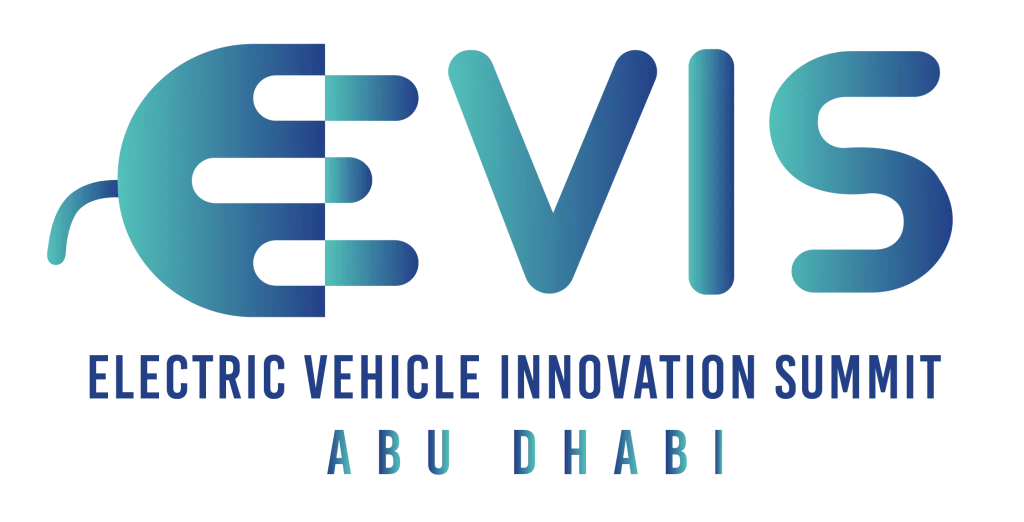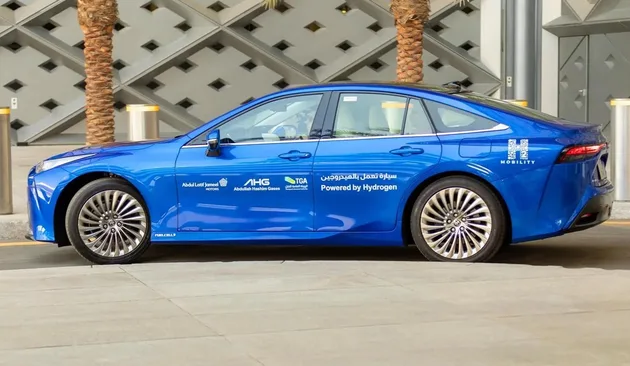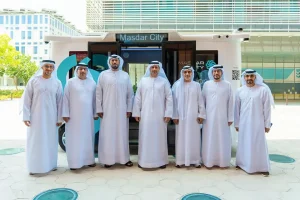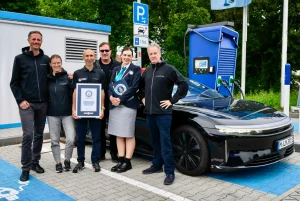As the world accelerates toward cleaner and greener energy solutions, Saudi Arabia has taken a significant step in its sustainability journey by announcing the trial operation of its first hydrogen-powered taxis. This initiative, led by the Transport General Authority (TGA), underscores the Kingdom’s commitment to reducing carbon emissions and transitioning away from reliance on internal combustion engine vehicles.
The emission-free Toyota Mirai car has a range of 350 kilometres and the ability to run for up to eight hours a day. One of the standout features of the Toyota Mirai is its refueling process. Unlike battery electric vehicles that require significant charging time, hydrogen fuel cell vehicles can be refueled in just three to five minutes, mirroring the convenience of petrol or diesel cars.
The TGA will collaborate with Abdul Latif Jameel Motors, the distributor of Toyota vehicles in Saudi Arabia, to encourage the adoption of eco-friendly vehicles. Additionally, it will partner with AHG Group, an industrial gas manufacturer, to establish hydrogen supply infrastructure and work together on vehicle testing and research initiatives.
King Abdullah University of Science and Technology (KAUST) partnered with Abdul Latif Jameel Motors to research hydrogen fuel cell applications in vehicles such as taxis. The research aims to adapt this technology to Saudi Arabia’s environmental conditions, prioritizing efficiency and reliability.
Saudi Arabia’s Public Investment Fund (PIF) Recently established a new entity with a $10 billion investment in green hydrogen production. Earlier this year, Minister of Investment Khalid Al Falih announced that the Kingdom is planning a series of hydrogen projects to be overseen by the Public Investment Fund (PIF).
Acwa Power signed agreements in March to fund the world’s largest green hydrogen production facility in Neom, with an $8.5 billion investment. The plant is expected to begin production in 2026, generating up to 1.2 million tonnes of green ammonia annually or 600 tonnes of green hydrogen daily, all using 100% renewable energy.
The energy market consultancy S&P Global Platts has projected that hydrogen-related investments in the Middle East could total $44 billion by 2030, with $35 billion worth of projects already planned to become operational by then.
Source: https://www.agbi.com/renewable-energy/2024/10/hydrogen-taxis-to-hit-the-road-in-saudi-arabian-trial/












